Rich traditions brew meaningful connections between cultures, economies, emotions and nature, Li Yingxue reports.
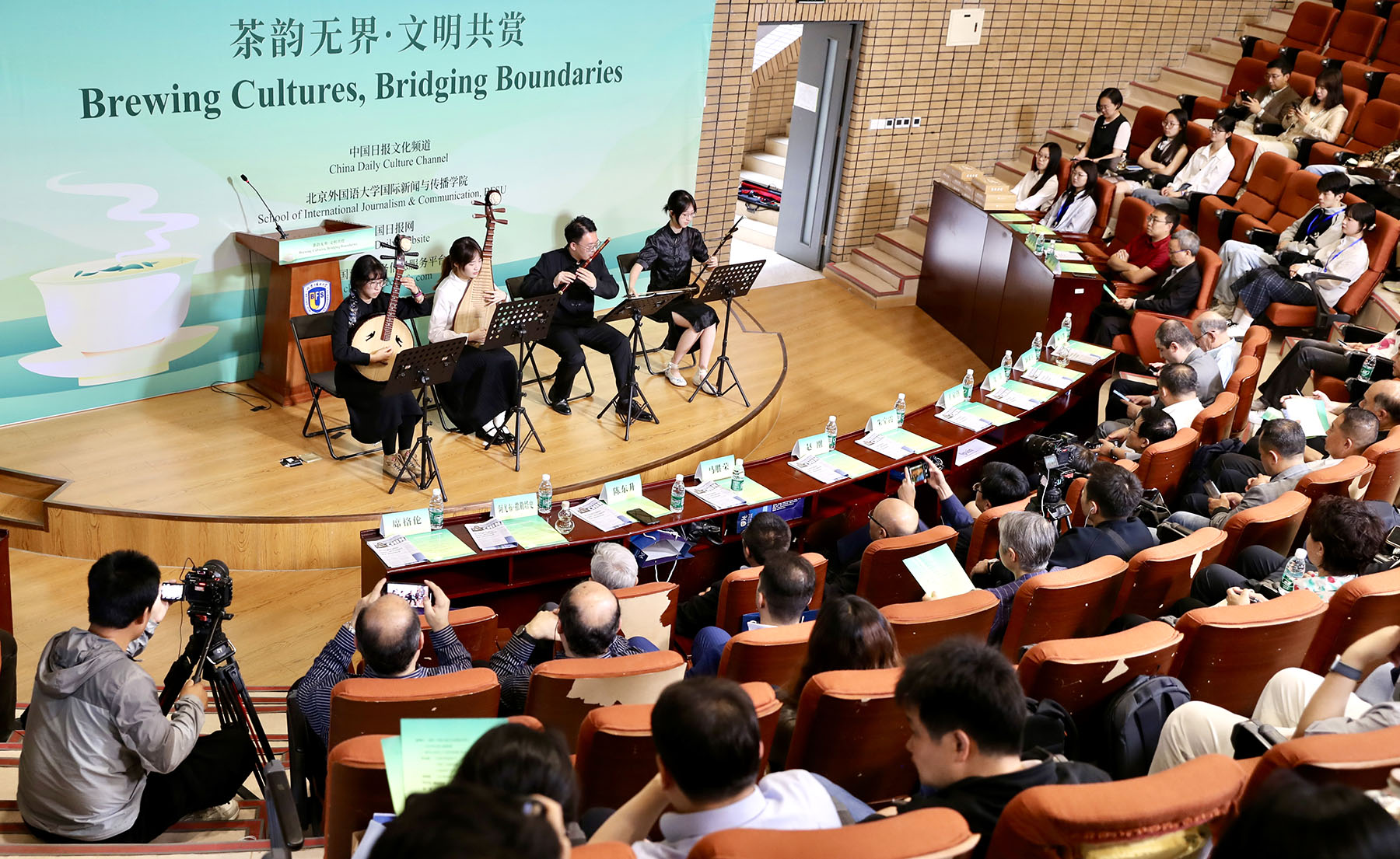
Gary Sigley, a professor from Australia at Beijing Foreign Studies University, says his mother, in her 90s, still enjoys several cups of English-style black tea with milk and sugar each day.
A few years ago, he made her a cup of Pu'er tea from Yunnan province, which marked her first encounter with Chinese tea. "I placed a piece of sun-dried Pu'er on her palm," he recalls. "At that moment, an elderly Australian woman was holding a cup of fresh tea grown on an ancient tree in Yunnan. I suddenly realized that tea is a medium of friendship between different nations and peoples.
"Tea is a cultural treasure shared with the world by the Chinese people. Tea culture is not just a knowledge system about how to brew or taste tea, it is a philosophy of life. In a single cup of tea, we share not just flavor, but also knowledge, emotions and wisdom."
READ MORE: Old tea forests in Pu'er named World Heritage Site
Sigley recently attended a cultural event themed "Brewing Cultures, Bridging Boundaries", co-hosted by China Daily and Beijing Foreign Studies University, to celebrate the upcoming International Tea Day on Wednesday — a global occasion that honors the rich traditions, cultural significance, and economic impact of tea.
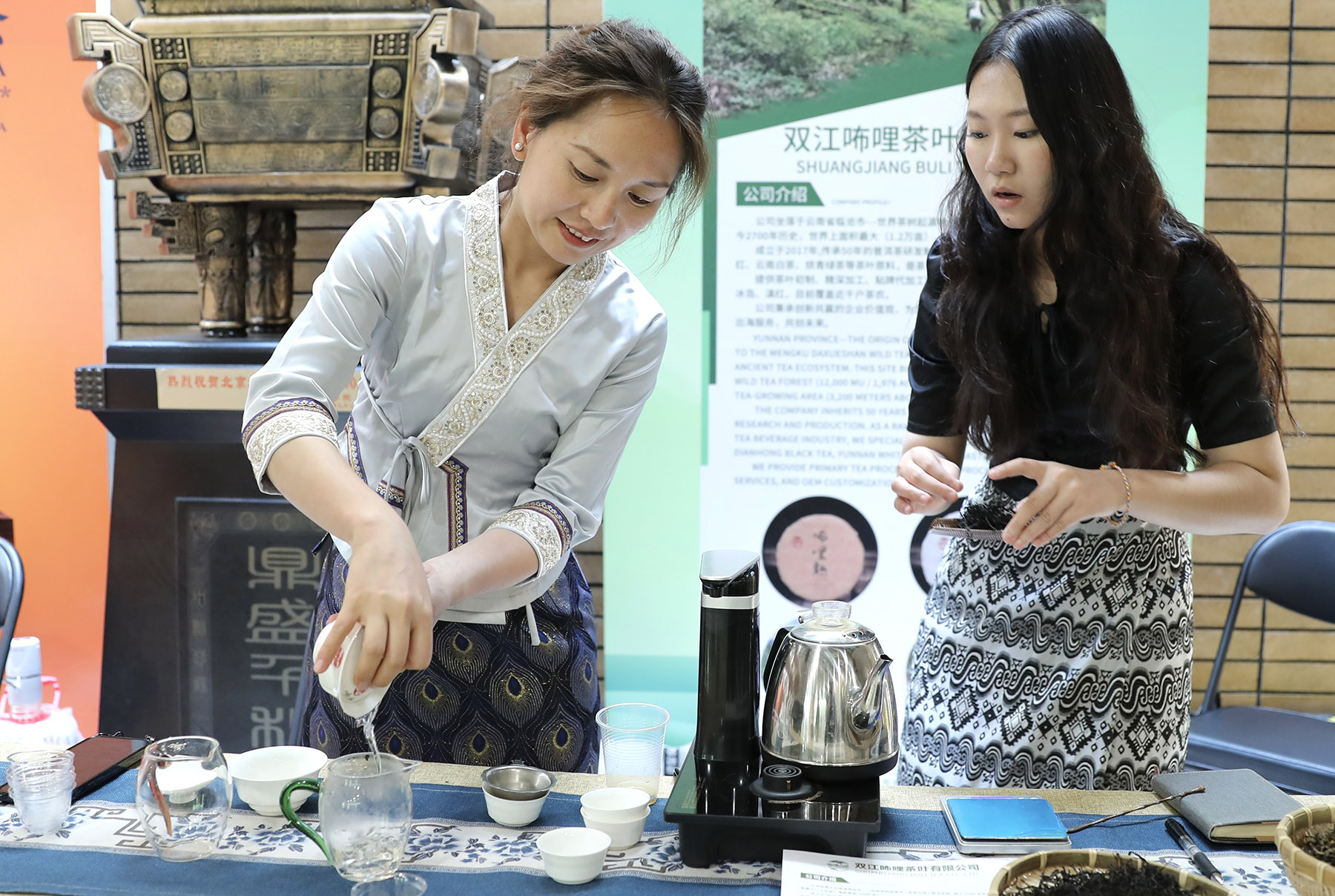
Since 2008, Sigley has immersed himself in the landscapes and stories of Southwest China, focusing his academic research on the Ancient Tea Horse Road and the region's rich tea trade networks.
Over the years, he has spent time with scholars, tea farmers and merchants. These experiences transformed him into what he calls a "tea traveler-scholar".
"I never had any formal education in tea culture or arts. I'm like Pu'er tea in that I absorb everything, and my knowledge ages over time," he says.
Each morning begins with a cup of Yunnan black tea — a ritual that gets his mind going and prepares him for the day.
"Tea only grows in certain areas, but many people around the world want to drink tea, so it has to move," he explains. "When the tea moves, it creates connections between production and consumption zones, which is how cultural routes like the Ancient Tea Horse Road began."
This mobility, both physical and symbolic, is what makes tea so meaningful. "It is a plant with which we have strong interaction. There is the plant and its ecology. It's a metaphor for our Earth."
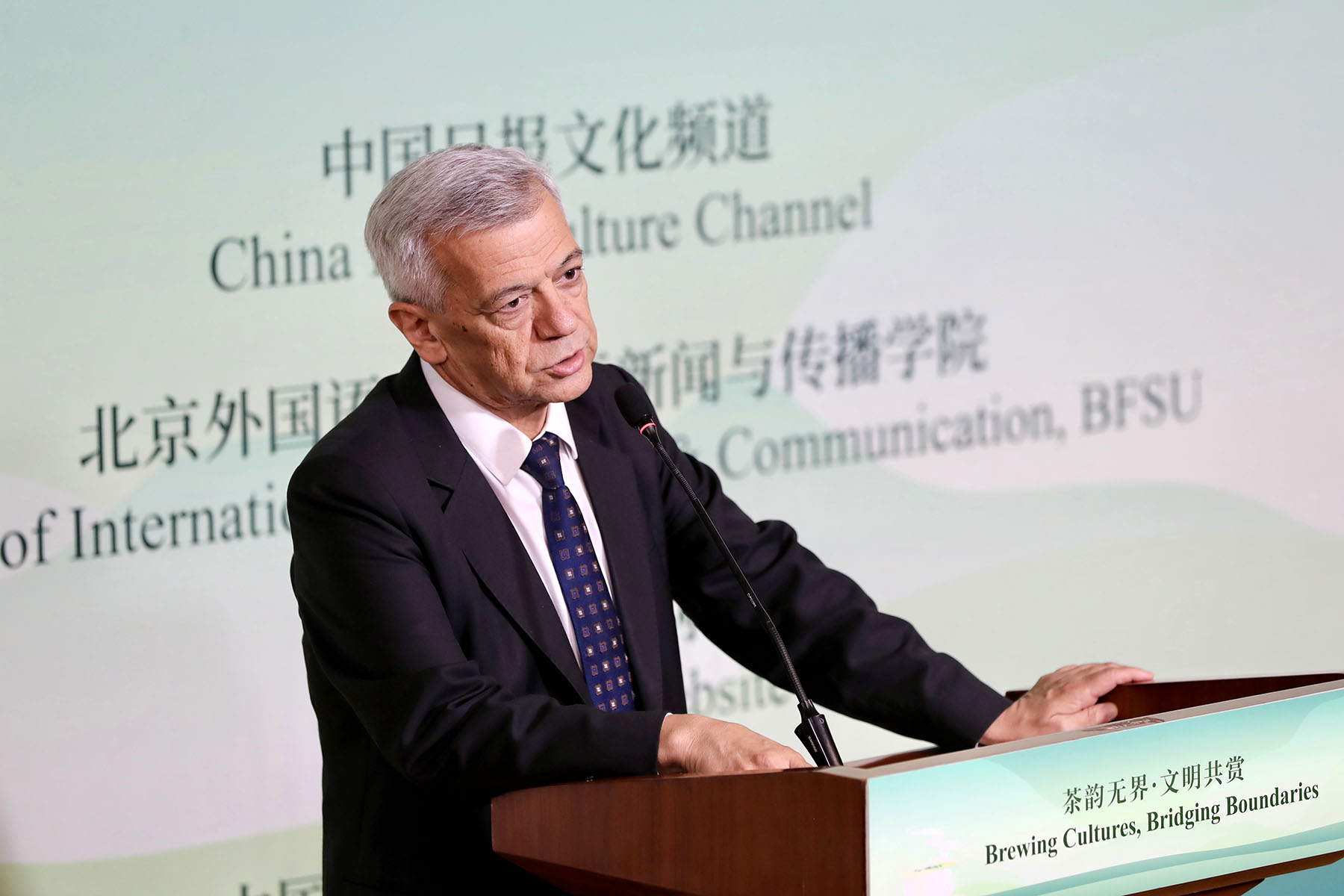

In the face of climate change, Sigley views tea as a symbol of harmony between people and nature. "If we want our future generations to enjoy tea, we have to make sure the ecology of the plants is preserved and maintained."
Sigley's love for tea also stems from Australia, where it is a daily staple. "Australians really love their tea. Per capita, they drink more than the British," he says.
He recalls the rustic ritual of "bush tea" made by boiling black tea over an open fire in a "billy can". "Sometimes the flavor of the eucalyptus goes into the tea … and you drink it underneath the stars."
Today, Sigley sees tea culture evolving in Australia as young people embrace Chinese traditions. "Young people have opened Chinese-style teahouses, promoting gongfu tea, tea ceremonies, and the Zen-inspired lifestyle of 'tea and meditation as one'."
He describes this emerging movement as a form of "tea diplomacy "and envisions future collaborations through cultural exchanges, research dialogue, and sustainable business ventures.
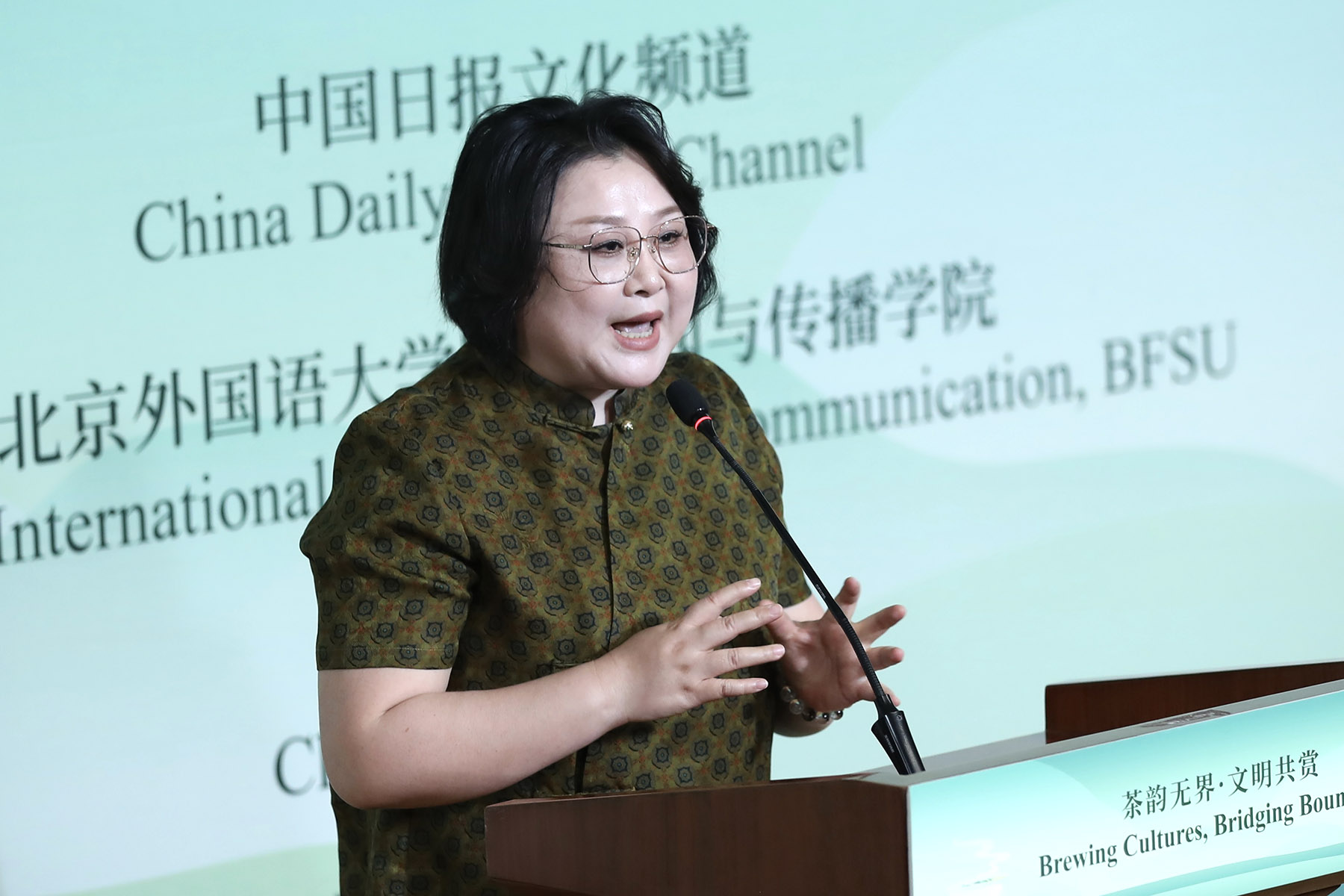
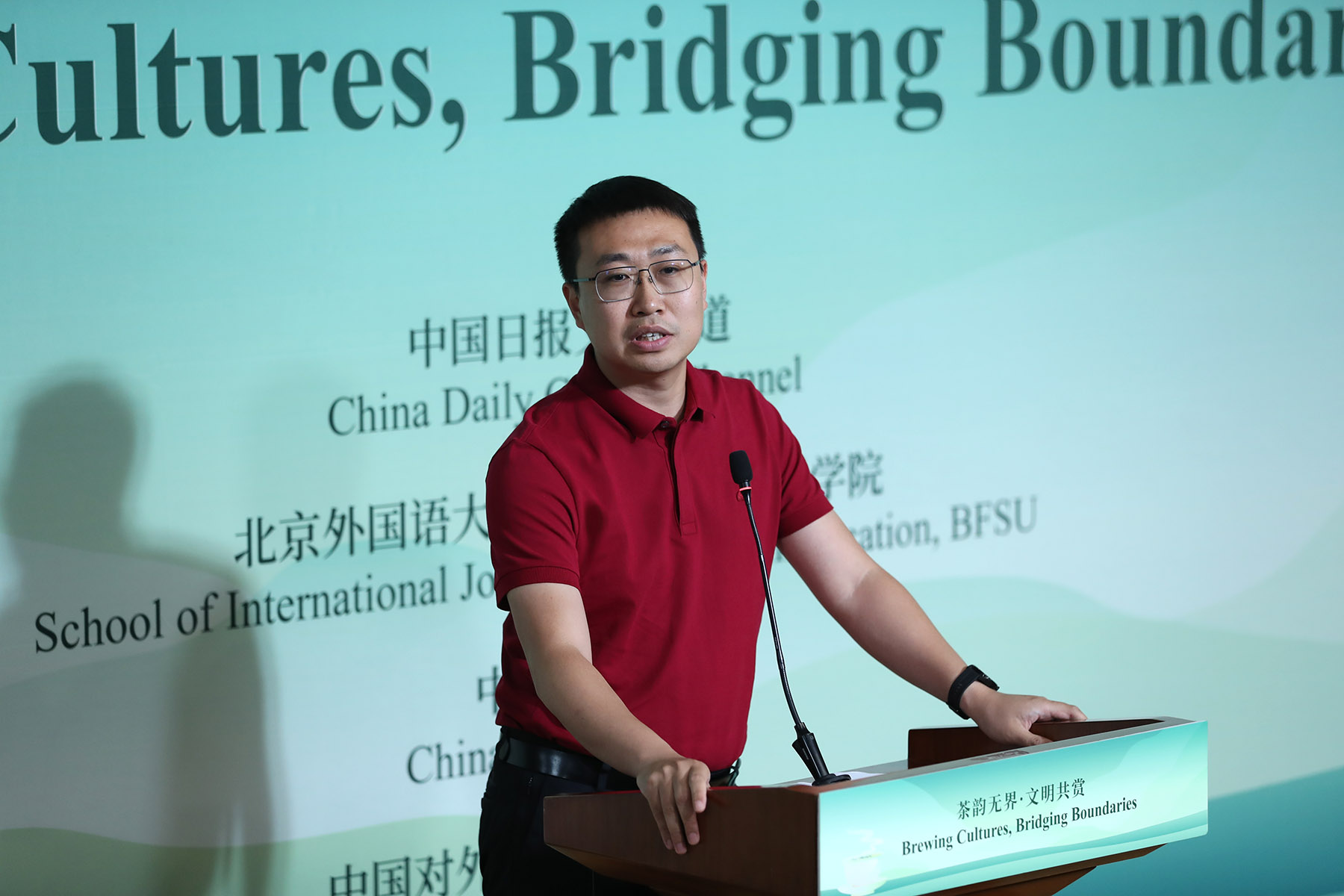
Others are echoing Sigley's belief in tea as a global connector. Eyup Saritas, Sinology professor and director of Yunus Emre Turkish Cultural Center in Beijing, believes tea is a vital cultural link between China and Turkiye.
"From the 1840s to the 1950s, whether in big cities or small towns, cafes — which in Turkiye are essentially teahouses — were everywhere," he says. "For the past three centuries, tea has been an inseparable part of our daily lives."
Saritas notes that since China's reform and opening-up, cultural exchanges between China and Turkiye have grown, and Chinese tea culture is gradually influencing Turkish youth. "Young people in Turkiye really like Chinese tea," he says. "Nowadays, many of them no longer add sugar when they drink it."
This growing appreciation is also evident in the culinary world. At last year's Michelin Guide awards in Beijing, Ji Na, a tea sommelier at Lu Shang Lu, became the first tea professional in the Guide's history to receive an award.
Ji began her work more than four years ago, learning through trial and error. Inspired by Western sommeliers, she offers warm and professional tea services, introducing guests to the stories and traditions of Chinese tea.
"When I received the award, I realized it was a recognition of the profound cultural heritage behind Chinese tea. It also affirmed that interpreting the 'drink' in food and beverages is a uniquely Chinese approach," she says. "I deeply felt what cultural confidence truly means.
"Tea is about more than taste or mouthfeel," she adds. "It is diverse and inclusive. I hope we continue to use tea as a medium for connection."

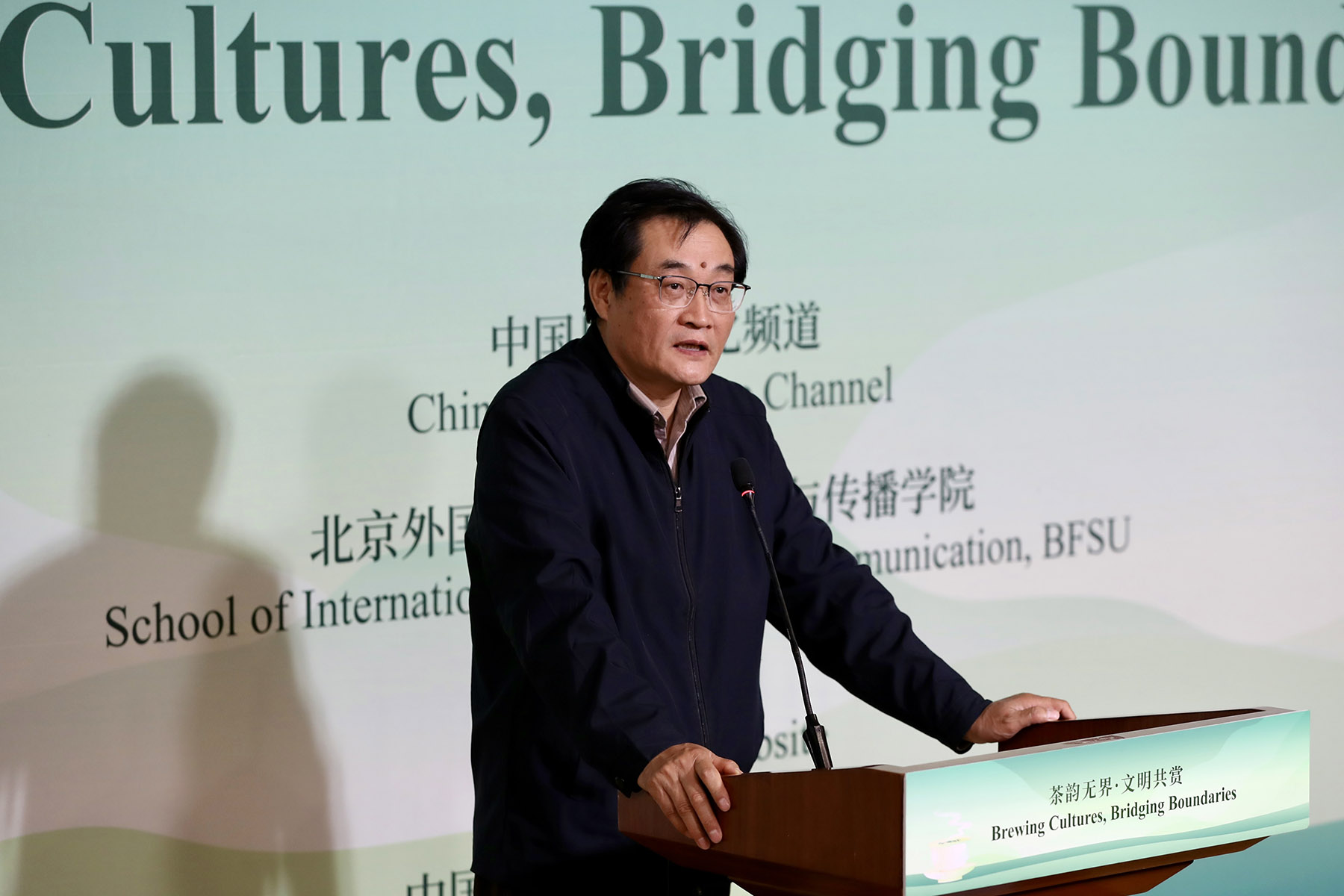
Even as tea goes global, its cultural meanings vary. Professor He Mingxing of Beijing Foreign Studies University observes that Chinese tea culture has spread across East and Southeast Asia through literature and trade, such as The Classic of Tea by Tang Dynasty (618-907) scholar Lu Yu, while its introduction to the West came via missionaries, explorers and merchants.
"Today, a British and Chinese person might share tea or coffee, which reflects the blending of civilizations," he says. "But our emotional ties to these drinks differ due to our cultural DNA."
He stresses that International Tea Day is a reminder of what makes these shared moments special. "The very act of sitting together over tea is a hard-won opportunity," he says. "It reminds us of the importance of a shared future for humanity."
The story of Chinese tea's global journey is also one of commerce and cultural curiosity. In 1975, China's Xiaguan Tea Factory developed an artificial fermentation method, producing the now-famous 100-gram "Yunnan Tuocha".
A year later, Frenchman Fred Kempler discovered the tea in a Hong Kong shop. Drawn by its unique flavor, he visited Yunnan, bought nearly two tons, and became its exclusive distributor in Europe, earning it the nickname "Xiao Fa Tuo", or "the tuocha sold to France".
Since 1986, Yunnan's Pu'er tuocha has won multiple awards at food expos in France, the United States, and other countries, earning global recognition for Pu'er.
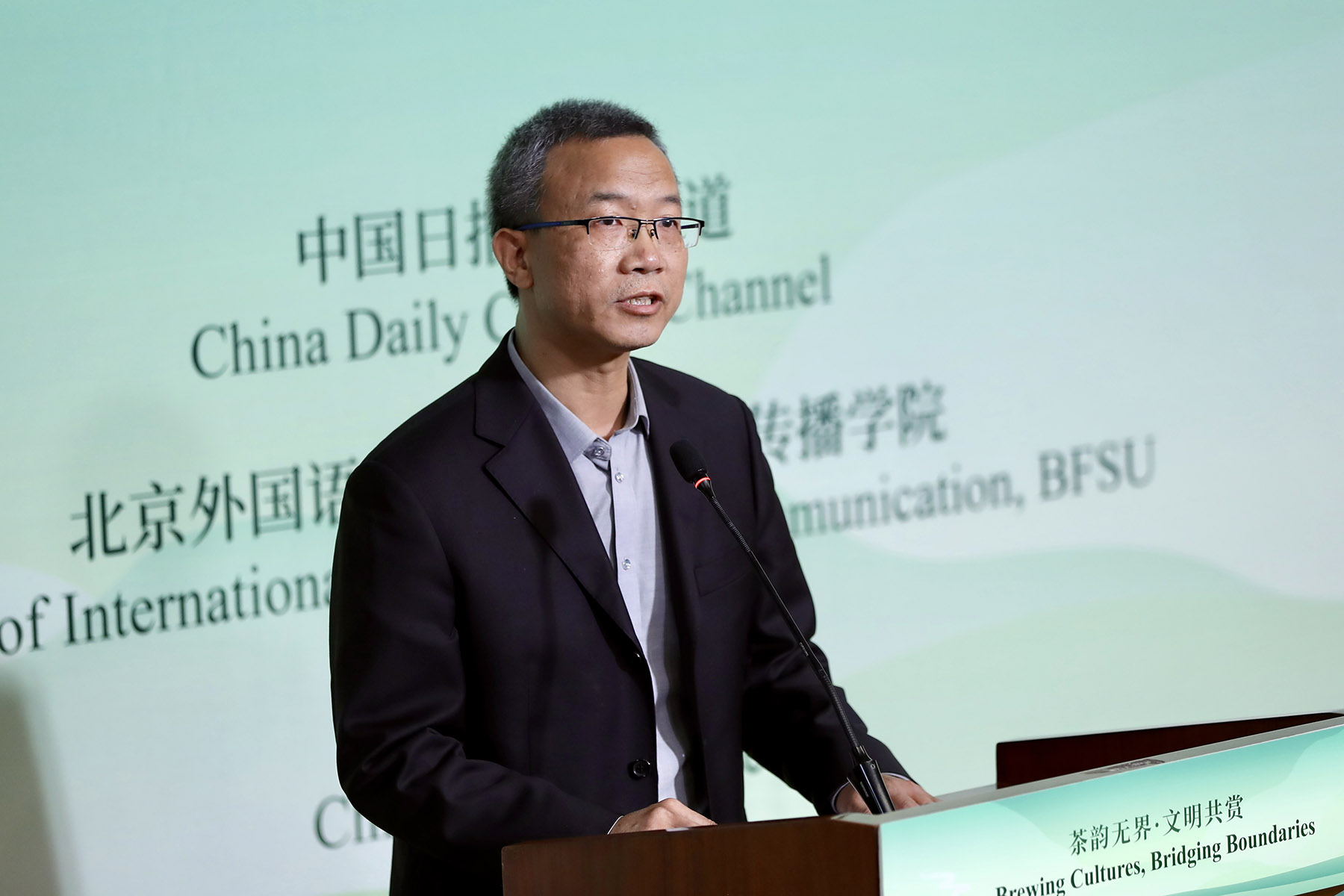
Xu Xue, executive dean of the Academy of Certified Chinese Tea Master, says the Dayi brand, renowned for its Pu'er, has long focused on international expansion and cultural exchange.
"Since 2011, we've established channels in countries like South Korea, Malaysia and Thailand," he says. "We've published multilingual tea books and hosted global exchange events and writing camps.
"We hope to pass down this thousand-year-old culture through a single cup of tea, and to connect with the world," he says.
White tea is another rising star in China's cultural exports. Historically part of the Maritime Silk Road trade, it has long appeared in Southeast Asian and European markets.
ALSO READ: Yes, that's it, it's always tea time
"Queen Victoria enjoyed baihao yinzhen (silver needle) at afternoon tea. In Malaysia, shoumei is still a fixture on morning tea menus. Fortnum & Mason in the UK continues to sell silver needle tea," says Zhang Yuxin, assistant to the chairman of Fujian Pinpin Tea Co.
"According to the China Tea Marketing Association, white tea has been the fastest-growing category among the six major tea types for the past decade," Zhang says. "I believe that now and in the near future, white tea will become one of China's cultural symbols on the world stage."
From ancient trade caravans to modern-day Michelin kitchens, from Istanbul teahouses to Australian outback firesides, tea has become more than a drink. It is a shared language of tradition, trust, and cultural exchange.
Sigley says: "Whether you come from China, Australia, or anywhere else in the world, the moment you hold a warm cup of tea, we share a small yet profound 'Earth moment'."
Contact the writer at liyingxue@chinadaily.com.cn


